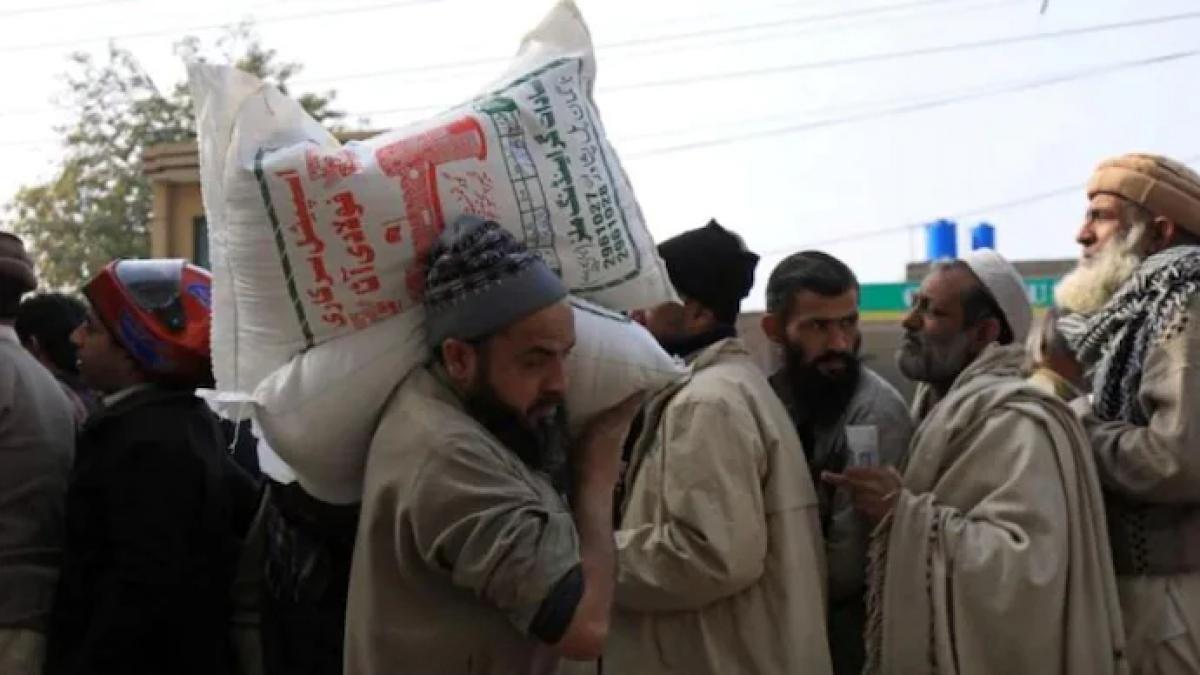
In a seminal piece of work Tariq Ali, a British-Pakistani political activist and intellectual, observed that ‘the new rulers of Pakistan developed an early societal awareness that to survive they had to rent their country’ (to the highest bidder). This commercial realpolitik that set the narrative in 1947 for the future of Pakistan, has been winning since.
Unfortunately, Pakistani citizens pay the price of bearing the direct burden of these clandestine deals wrapped in fancy packaging such as CPEC (China-Pakistan Economic Corridor). The critical omission of reasoning from a person’s life from childhood, and the handicapped education system balancing 7th-century ideas and modern times, have corrupted the minds of Pakistanis. Politicians and the Pak Army, a disheartening paradox for these public heroes leverage this deficiency.
Last week Aramco, Saudi Arabia’s leading energy and chemicals company, signed an agreement to acquire a massive 40 percent stake in Gas and Oil Pakistan Limited. With it, Aramco will also secure a new market in the already difficult economy. Unbelievable sights of jubilation followed this news; citizens were convinced along the lines of ‘Saudi Arabia is investing billions of dollars in Pakistan!’
Their expressions speak volumes about their little understanding of worldly affairs. In their minds, they are hopeful for the Pakistani economy to finally turn a corner and escape poverty. Unfamiliar with the language of politics and trade, blind trust in their rulers, and steadfast in religious fanaticism they are very gullible.
Meanwhile, the leaders will announce such news with great emotion, and leave out the most important part – that Pakistan is selling 40 percent of their main strategic asset, the sales of which will directly warm elites’ pockets and government coffers. The common man distributing sweets on the roads will not get a single rupee; the government has made his future insecure and he has no clue!
Not too long ago the cash-strapped Pakistan also signed a deal to transfer operational rights of its largest port, the Karachi port, to the UAE. The port which handles 60 percent of the nation’s cargo will now be governed by another country. It is a situation comparable to Sri Lanka where rising debt forced the government to relinquish its rights over the Hambantota port to China on a 99-year lease.
What does this mean for all the businesses and employments directly dependent upon the port? Has the average citizen not learned the lesson from the misery of the Baloch after China took over the Gwadar port? It is a disconcerting phenomenon observed throughout Pakistan, that how the leaders manage to fool the public so easily. This same public will come to the leaders’ defense risking their future, something we witnessed during the arrest of Imran Khan in 2023 for the illegal sale of state gifts he received while in office, among other allegations against him.
It’s an open secret that the economic vortex in Pakistan has been fully monetized by neighboring China through their many multi-billion dollar projects. Policymakers in Pakistan cannot lift a finger without the interference of China. And because of China’s innumerable favors upon Pakistan, the Pak Army and government are obliged to watch China’s interest as the second biggest economy of the world.
The sale of Pakistan is not limited to land, airports, seaways, natural resources, and assets, but extends to young women as well. The Pak government chooses Chinese goodwill over justice for the trafficked China-bound Pakistani brides. The last reported statistics were the 600 brides in 2019, many of whom were abducted from religious-minority backgrounds. Since then the business has been conducted in secrecy with complete knowledge of both nation’s governments.
China has already demanded administration over all CPEC-related infrastructure; the agenda of pushing Mandarin and the Chinese lifestyle is also not behind. Chinese music and drama have already made inroads into the mainstream. Pakistan is China’s debt trap with no relief in sight.
The U.S. too is right up the alley. After the Dera Ismail Khan suicide attack that killed 24 soldiers, Jan Achakzai (a party leader in the ruling party of Pakistan and advisor to the Balochistan government) tweeted a suggestion to the Pak government – “Offer U.S. drone bases to target AIQ and other militant sanctuaries in Afghanistan”.
Soon enough, in the guise of begging for funds, the Pak Army Chief visited the U.S. after the Supreme Court of India’s shocking verdict of Article 370 and begged for a statement from the Secretary of State, Antony Blinken. Using the “Kashmir issue” to please the population at home, the Army Chief is bound to return pledging an integral part of Pakistan – its military bases, for quick cash.
Pakistan is the perfect example of breathing life on credit.






